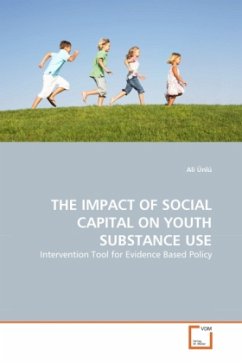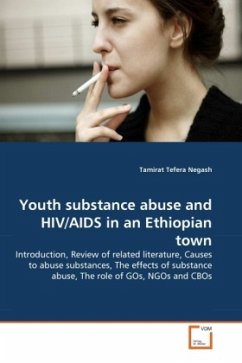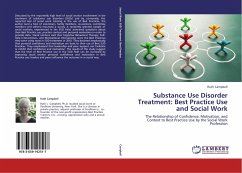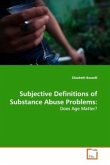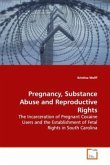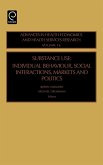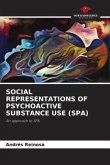Substance use is a threat to the health and well- being of the youth, their families, and society as well. Government supports and implements several programs to protect youth from substance use. The aim of this study is to examine the impact of social capital on youth behavior and to suggest evidence-based policy interventions. Social capital refers to individual embeddedness in web of social relations and their behaviors guided by social structure. Social interactions of adolescents with their peers, parents, and community were investigated. Moreover, the study also examined the impacts of mediating factors such as age, gender, ethnicity, income level, and mobility on youth substance use. The study contributes to the social capital literature by integrating different perspectives in social capital and substance use literature. It successfully demonstrates how social capital can be utilized as a policy and ntervention tool.
Bitte wählen Sie Ihr Anliegen aus.
Rechnungen
Retourenschein anfordern
Bestellstatus
Storno

